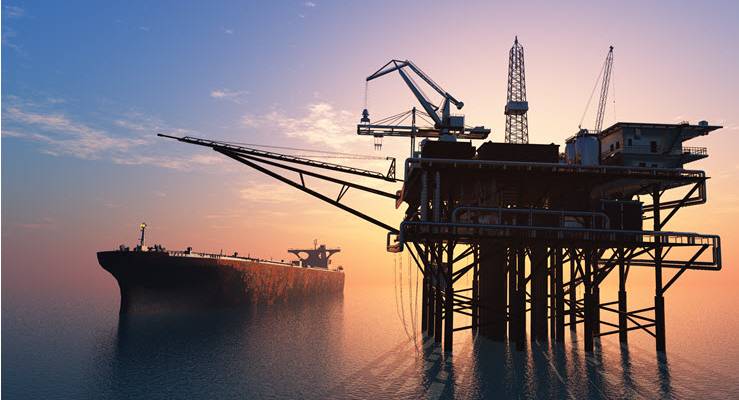
ANZ and Westpac face massive losses in the collapse of a Singapore-based oil trading-empire last week, owing S$3.64 billion (more than A$4 billion) to more than 20 local and international banks.
It is the biggest collapse so far of the slump in global oil demand and prices triggered by the COVID-19 pandemic and the short but silly price war between Russia and Saudi Arabia.
A filing in a Singapore court last Friday about the demise of Hin Leong Trading Pte. Ltd (HLT), one of Asia’s major oil-trading groups, reveals that through their Singapore branches, the two Australian banks are owed S$240.07 million as at April 9, or A$266 million.
ANZ was owed S$185.9 million (A$205 million) and Westpac is owed S$54.17 million (A$60.1 million). The ANZ has the eighth-largest bank exposure, Westpac has the twentieth-largest.
Global giant HSBC has the largest exposure among the banks — nearly S$600 million, considerably more than the second-biggest creditor, ABN Amro’s Singapore branch with nearly S$300 million of exposure.
HLT collapsed because it hadn’t disclosed US$800 million in losses in its company accounts, according to an affidavit from founder and director Lim Oon Kuin, which was filed to the Singapore High Court.
Westpac didn’t mention the debt when it revealed $1.4 billion of write-downs and losses (mostly associated with its money laundering scandal) last week. ANZ has yet to follow Westpac and the NAB ($1.1 billion) in revealing losses and write-downs ahead of the release of their half year results in the next two weeks. ANZ is due to release its half yearly figures on April 30.
HLT’s collapse is the second major failure of the current global slump in oil prices. US oil fracking pioneer Whiting Petroleum filed for Chapter 11 bankruptcy at the start of April.
The coronavirus pandemic has seen an unprecedented slump in fuel demand and hammered oil prices (as we saw on Monday with the collapse of US crude prices and the plunge of brent prices under US$20 a barrel on Tuesday). That has made it tough for trading firms to make a profit. HLT is one of the largest fuel traders in Asia and an operator of a major tanker fleet.
According to Reuters, Lim director had directed the firm not to disclose the losses over several years.
The filing, which has not been made public but was seen by Reuters, is seeking a six-month moratorium on the company’s debts, and blames the collapsed oil price and the coronavirus pandemic, which has reduced oil demand and increased costs for traders.
With oil prices slumping, the value of the collateral for the loans is questionable. Media reports talk of some of the collateral — oil stocks — being sold without notifying creditors or company executives.
Lim said in the affidavit that the company had not made profits in the last few years, despite reporting a net profit of $78.2 million for the business year ended in October.
The company “suffered about US$800 million in futures losses over the years but these were not reflected in the financial statements,” he said. “In this regard, I had given instructions to the finance department to prepare the accounts without showing the losses and told them that I would be responsible if anything went wrong.”
S&P Global Platts reported that Lim had been blamed for financial mismanagement and reselling inventory used as banking collateral.








Crikey is committed to hosting lively discussions. Help us keep the conversation useful, interesting and welcoming. We aim to publish comments quickly in the interest of promoting robust conversation, but we’re a small team and we deploy filters to protect against legal risk. Occasionally your comment may be held up while we review, but we’re working as fast as we can to keep the conversation rolling.
The Crikey comment section is members-only content. Please subscribe to leave a comment.
The Crikey comment section is members-only content. Please login to leave a comment.